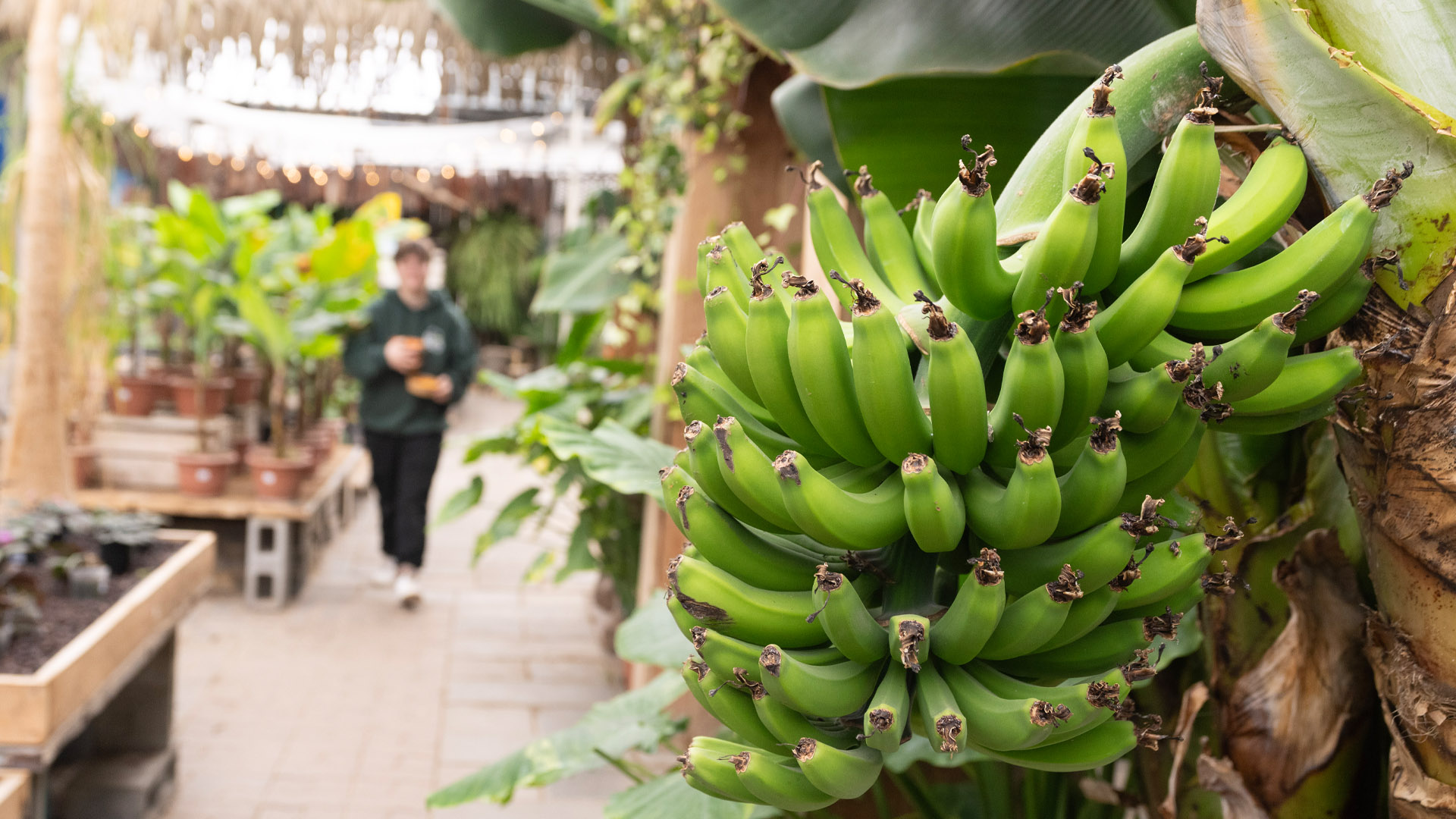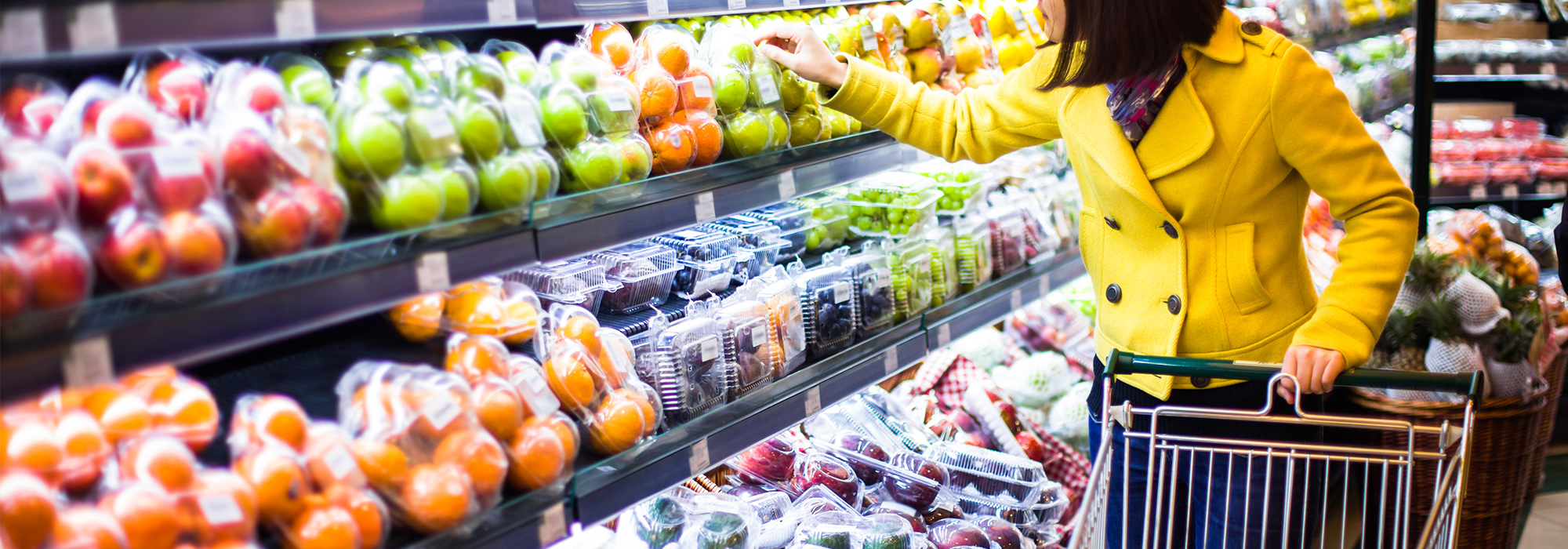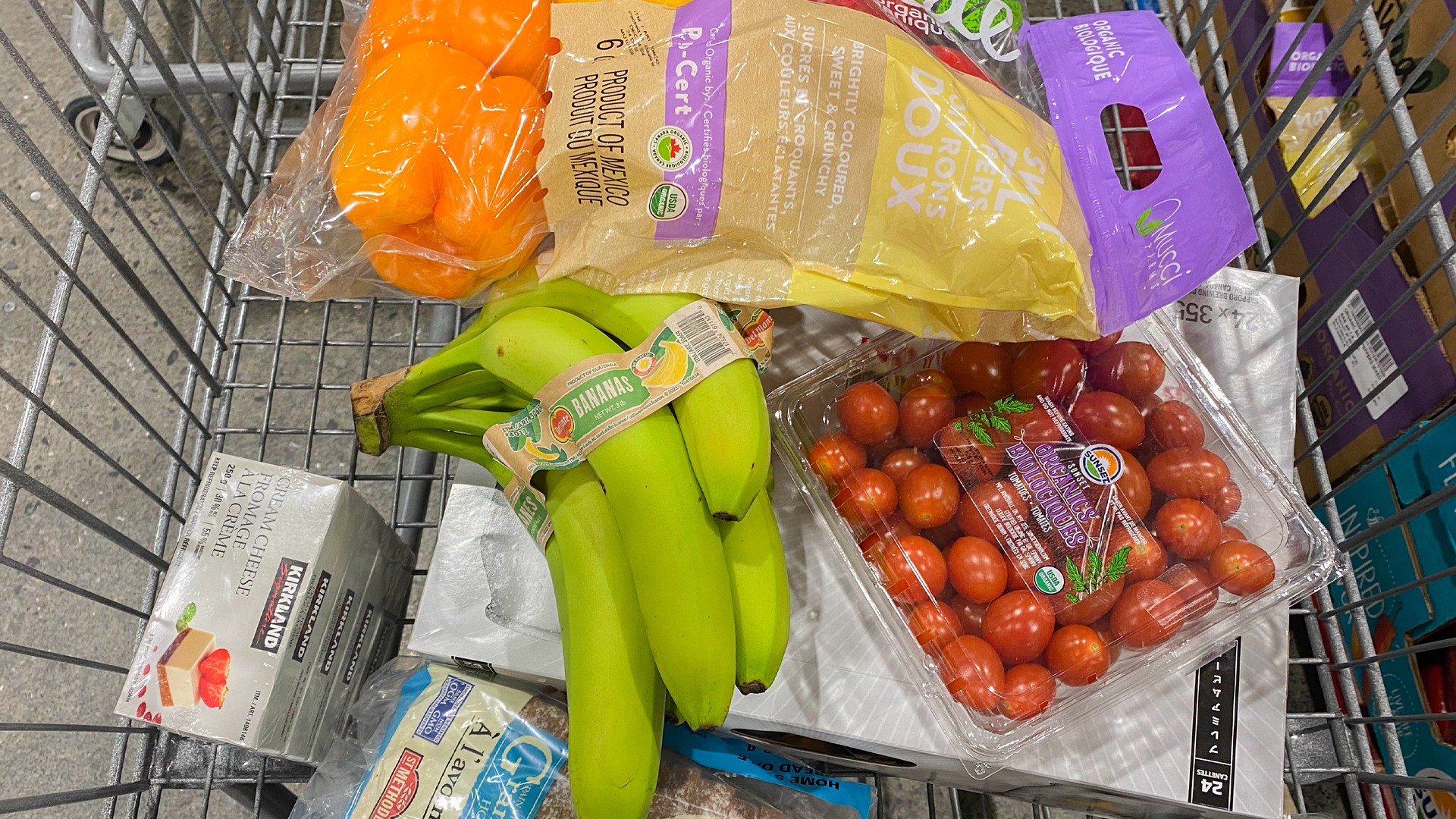
For several years now cooking and recipes have occupied a considerable place in the public sphere. There are innumerable TV programs on the topic, whether to inform, teach or simply talk about food. There is even the Food Channel and Canal Zeste, for aficionados and enthusiasts. Moreover, the counters are full of magazines devoted to food, and in the bookstores recipe books are among the bestsellers; in Quebec alone nearly 200 titles are published every year!
And so what? you might ask. What could be more amusing, after all, than trying a new recipe and tasting it? But behind this simple diversion there are fundamental economic and political issues. Behind the organic bread you buy at the corner store, the exotic fruits you can find all year long at the supermarket and the Alberta beef that is all the rage with your favourite chef, there are basic questions that are rarely touched upon in the TV shows and in the books. Almost never, period.
But with the 2008-09 recession, rising food commodity prices and the ensuing food riots in several countries have put agri-food policy right on top of the agenda. Recently, prestigious magazines and journals such as the Economist and Foreign Policy have published lengthy dossiers on the topic. At the beginning of July, Nicolas Sarkozy welcomed the G20 countries in Paris to discuss agriculture, and they concluded an agreement on combatting price volatility in this sector. And in September Canada will host the Cairns Group, a coalition of 19 agriculture-exporting countries, to take stock of the WTO negotiations in this regard.
In effect, food policy is the topic of the hour, so we have decided to make it the cover thematic of this summer issue. We have brought together eight authors to address some of these important questions.
David McInnes, president of the Canadian Agri-Food Policy Institute, sets the stage by putting on the table the major issues currently facing the Canadian agri-food industry. What is needed, he says, is a change in mindset such that all the stakeholders work, innovate and manage the risks collaboratively. Bob Seguin, of the George Morris Centre, a Canadian think-tank devoted to agri-food issues, agrees. Now that the ministers of agriculture are in the process of reviewing the Growing Forward strategy, which comes to an end in 2013, he urges them to be audacious and ambitious: modest changes to the status quo will not be enough, he says.
It is true that the challenges facing this industry, which employs 2 million people in Canada and accounts for more than 8 percent of its GDP, are sizeable. The first is competitiveness, since Canada exports around one third of its agri-food production; in 2009, it ranked fourth among the world’s exporters. Bruno Larue and Alan Ker analyze the hurdles that grain, beef and milk producers will have to overcome in order to remain competitive at the world level, while Sylvain Charlebois examines Canada’s performance in food security, pointing out that our record in food traceability is weak.
Undoubtedly the traceability of each food item along the production and distribution chain will be an increasingly decisive factor in maintaining export levels, especially in organic food production. Matthew Holmes of the Canada Organic Trade Association looks at the problems posed by the omnipresence of genetically engineered (GE) organisms and the concerns that are being raised by the possible adoption in Canada of a “low level presence” policy that would allow the presence of a relatively small amount of GE seeds.
Jennifer Clapp looks at the topic from a completely different angle, that of international food aid, which took on primordial importance when the number of hungry people in the world reached a new record in 2009. But food insecurity is not the prerogative of poor countries. Lynn McIntyre takes stock of the situation in Canada, and remarks that the strategies adopted to combat food insecurity under the form of food aid, such as breakfast programs, while well intentioned, are not that effective, because food insecurity is above all the result of poverty. And finally, Marie-Eve Couture Ménard takes a look at a related question, that of policies that aim to change people’s eating habits in the fight against chronic diseases and the obesity epidemic.
In addition, we have several nonthematic pieces. First, two timely articles on current affairs. An adviser to Michael Ignatieff, Robert Asselin, reflects on the future of the Liberal Party of Canada, and Kevin Lynch suggests some measures to get Canadian and international public finances in order: to put the “fiscal genie” back in the bottle. And three contributions deal with long-standing issues: Aboriginal autonomy, by Martin Papillon, who analyzes the results of the referendum held this spring in Nunavik on the plan to create a regional government; constitutional reform, by Guy Tremblay, who proposes a solution to bring Quebec back into the constitution; and sustainable development, by Evan Lloyd, who offers measures to improve the environmental performance of freight transportation.
Last but not least, you can read Monique F. Leroux’s June speech to the Toronto Board of Trade; and our distinguished columnists Todd Hirsch and Alain Noël are here as always. Enjoy the reading!
Photo: Shutterstock







